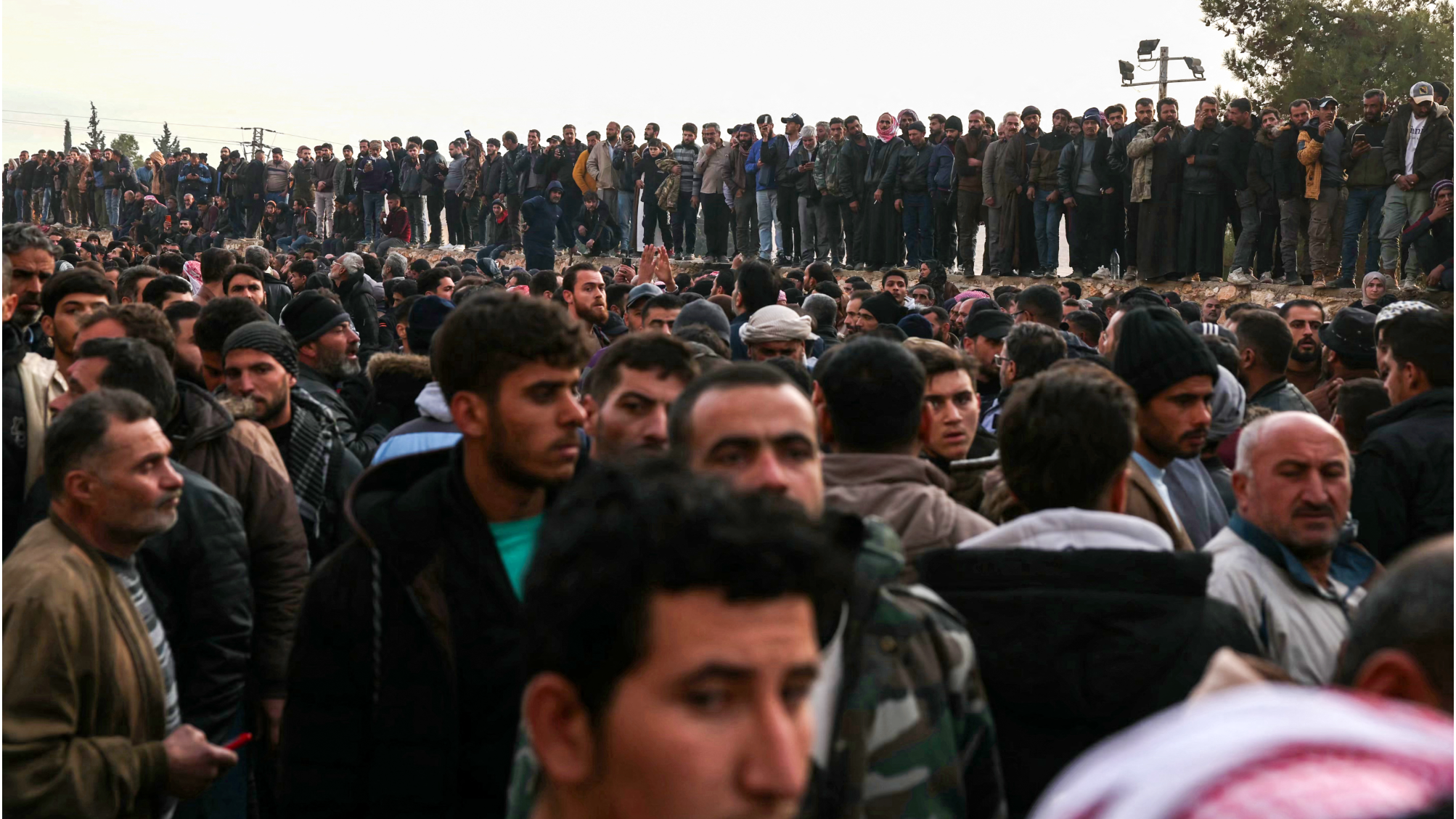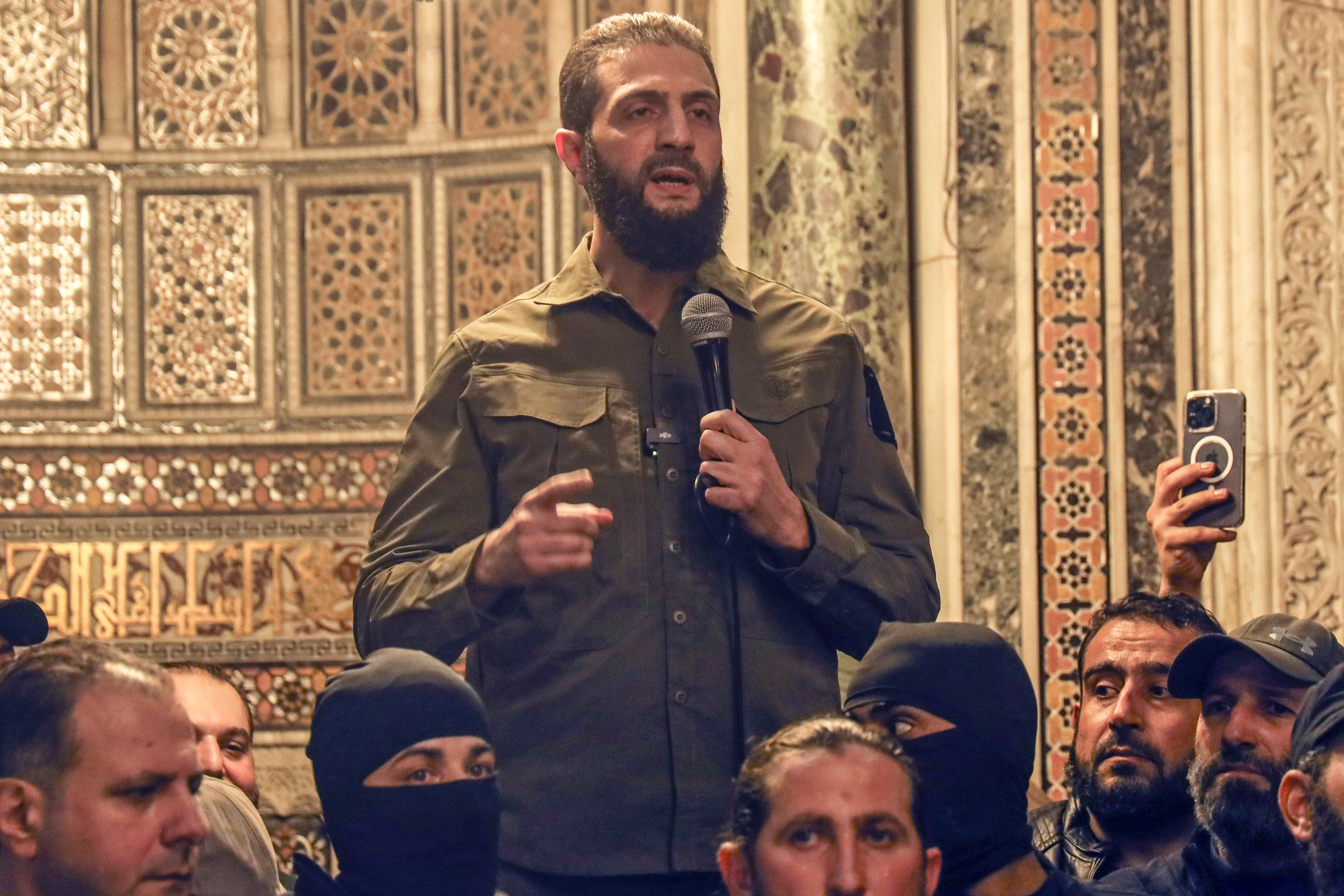
DAMASCUS/NEW YORK - The stunning collapse of President Bashar al-Assad’s rule left Syrians, countries in the region and world powers concerned on Tuesday about what comes next as the rebel alliance took its first steps in a government transition.
The United Nations Security Council met behind closed doors late on Monday, and diplomats said they were still in shock at how quickly Assad's government unravelled over 12 days, after a 13-year civil war that was locked in stalemate for years.
"Everyone was taken by surprise, everyone, including the members of the council. So we have to wait and see and watch ... and evaluate how the situation will develop," Russian UN Ambassador Vassily Nebenzia told reporters after the body met.
ALSO READ: UN says 16 mln people need aid in Syria
Assad, who left the Syrian presidential palace after opposition forces stormed Damascus early Sunday, is currently in Moscow and was granted asylum, according to Russian state media reports.
His prime minister, Mohammed Jalali, on Monday agreed to hand power to the opposition-led Salvation Government, an administration based in rebel-held territory in northwest Syria.
The main opposition commander Ahmed al-Sharaa, better known as Abu Mohammed al-Golani, met with Jalali and Vice-President Faisal Mekdad to discuss the transitional government, a source familiar with the discussions told Reuters. Jalali said the handover could take days to carry out.

Al Jazeera television reported the transitional authority would be headed by Mohamed al-Bashir, who has headed the Salvation Government.
The steamroller advance of the militia alliance headed by Hayat Tahrir al-Sham (HTS), a former al-Qaeda affiliate, was a generational turning point for the Middle East. The civil war that began in 2011 killed hundreds of thousands, caused one of the biggest refugee crises of modern times, and left Syria’s economy hollowed out by global sanctions.
Qatari diplomats spoke with HTS on Monday, an official briefed on the developments told Reuters, as regional states race to open contact with the group.
'Freedom, equality, rule of law'
Some insurgent fighters who milled about the capital on Monday, clustering in the central Umayyad Square, expressed hope a civilian administration would soon be running the country.
"We want the state and security forces to be in charge," said Firdous Omar, a fighter who intends to resume farming in provincial Idlib.
Golani has vowed to rebuild Syria, and HTS has spent years trying to soften its image to reassure foreign nations and minority groups within Syria.
But fears of reprisals remained. HTS said it will not hesitate to hold security and army officers involved in torturing the Syrian people accountable, describing them as criminals and murderers.
ALSO READ: Kremlin: Too early to talk about Russian military bases in Syria
"We will release a list that includes the names of the most senior officials involved in the torturing of the Syrian people," Golani said in a statement. "Rewards will be offered to those who will provide information about senior army and security officers involved in war crimes."
There were tentative signs of a return to order. Syria's banks will reopen on Tuesday, and the oil ministry called on all employees in the sector to head to work on Tuesday, adding that protection would be provided to ensure their safety.

In one of many challenges facing Syria, Israel seized a buffer zone in the country's south, a move condemned by Egypt, Qatar and Saudi Arabia. Saudi Arabia said the move would "ruin Syria's chances of restoring security."
Israel said its airstrikes would carry on for days but told the UN Security Council that it was not intervening in Syria's conflict. It said it had taken "limited and temporary measures" solely to protect its security.


